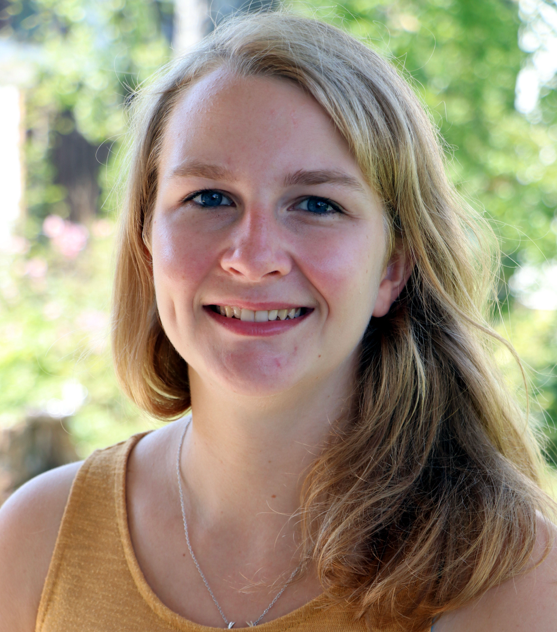Collagen fingerprinting to identify fragmented bones from Australian contexts: potentials and challenges
Abstract
Collagen fingerprinting, or Zooarchaeology by Mass Spectrometry (ZooMS), is a high-throughput proteomics approach that can be used to taxonomically identify collagen-bearing materials such as bone, ivory, and leather. The method was first developed in 2009 and since has been widely used to study archaeological material from Eurasian contexts, while other regions of the world are less well-studied. In this talk, I will present the research I conducted for my PhD, which focuses on the application of this method to improve identification rates of fragmented bone assemblages from Australian contexts. I will discuss the main challenges associated with the application of ZooMS in Australia and explore the potential of the method to study Australian faunal assemblages.
About the presenters 
Dr. Carli Peters
Dr. Peters is interested in the study of ancient human-animal interactions through the analysis of animal bones from archaeological sites. She received a BA in Archaeology and RMSc in Bioarchaeology from Leiden University, where she was trained as a zooarchaeologist. In 2023, she received her PhD as part of a joint program between the Max Planck Institute of Geoanthropology and the Friedrich-Schiller University Jena. During her PhD, Dr. Peters specialized in Zooarchaeology by Mass Spectrometry (ZooMS) and palaeoproteomics. Currently, Dr. Peters is a postdoctoral researcher in the ERC-funded MATRIX project based at the Interdisciplinary Center for Archaeology and the Evolution of Human Behaviour (ICArEHB) at the University of Algarve, Portugal.
About Archaeology Working Papers
The Working Papers in Archaeology seminar series provides a forum for dissemination of archaeological research and ideas amongst UQ archaeology students and staff. All students are invited to attend the series and postgraduate students, from honours upwards, are invited to present their research. The aim is to provide opportunities for students, staff and those from outside UQ, to present and discuss their work in an informal environment. It is hoped that anyone interested in current archaeological directions, both within and outside the School and University, will be able to attend and contribute to the series.
